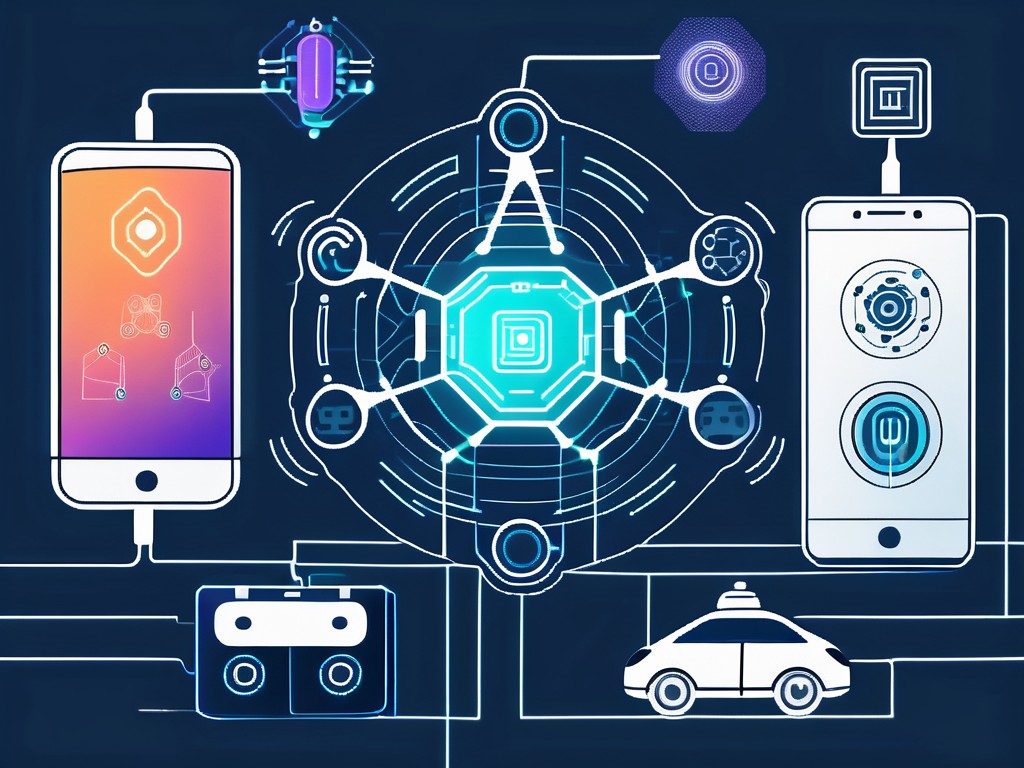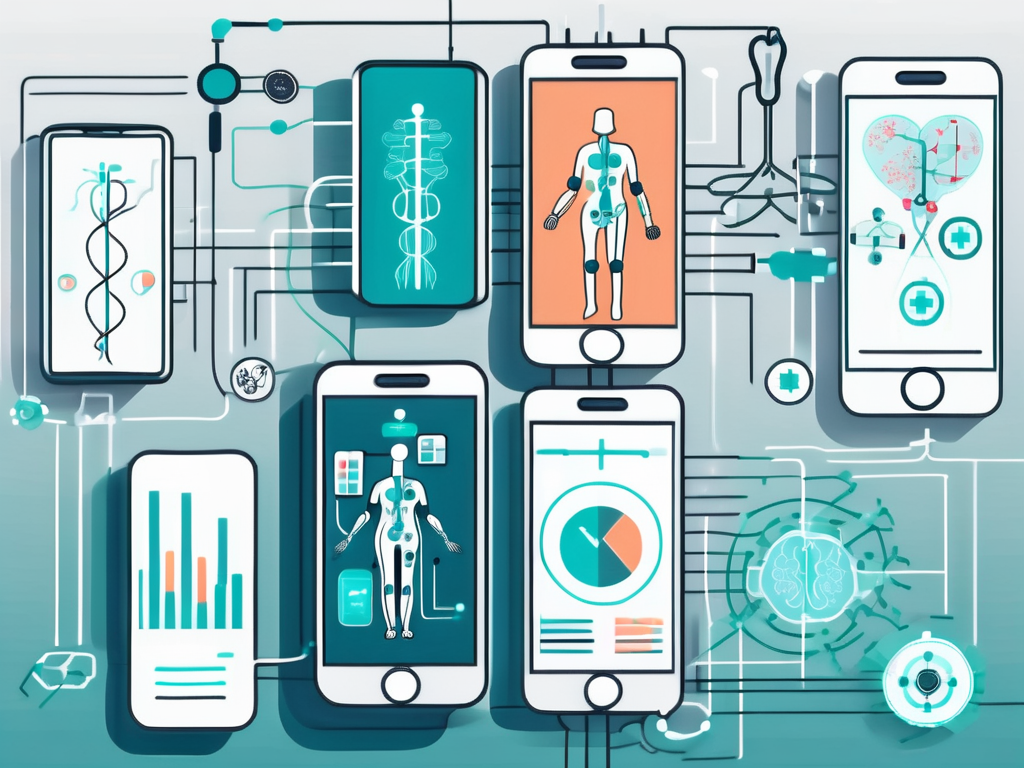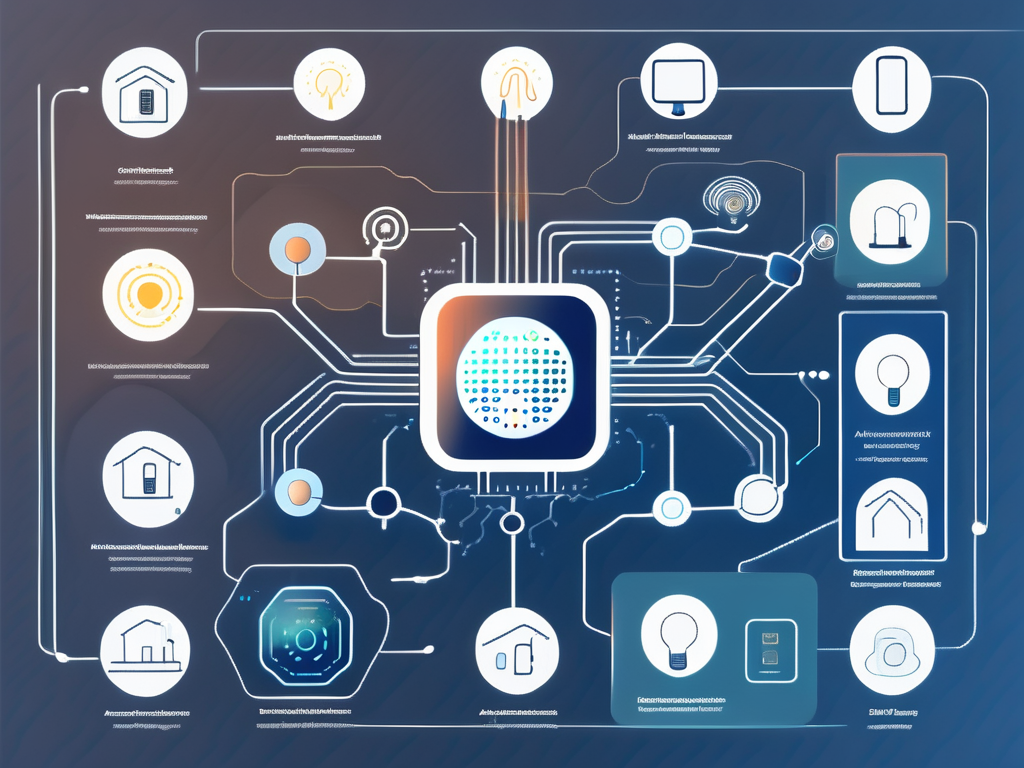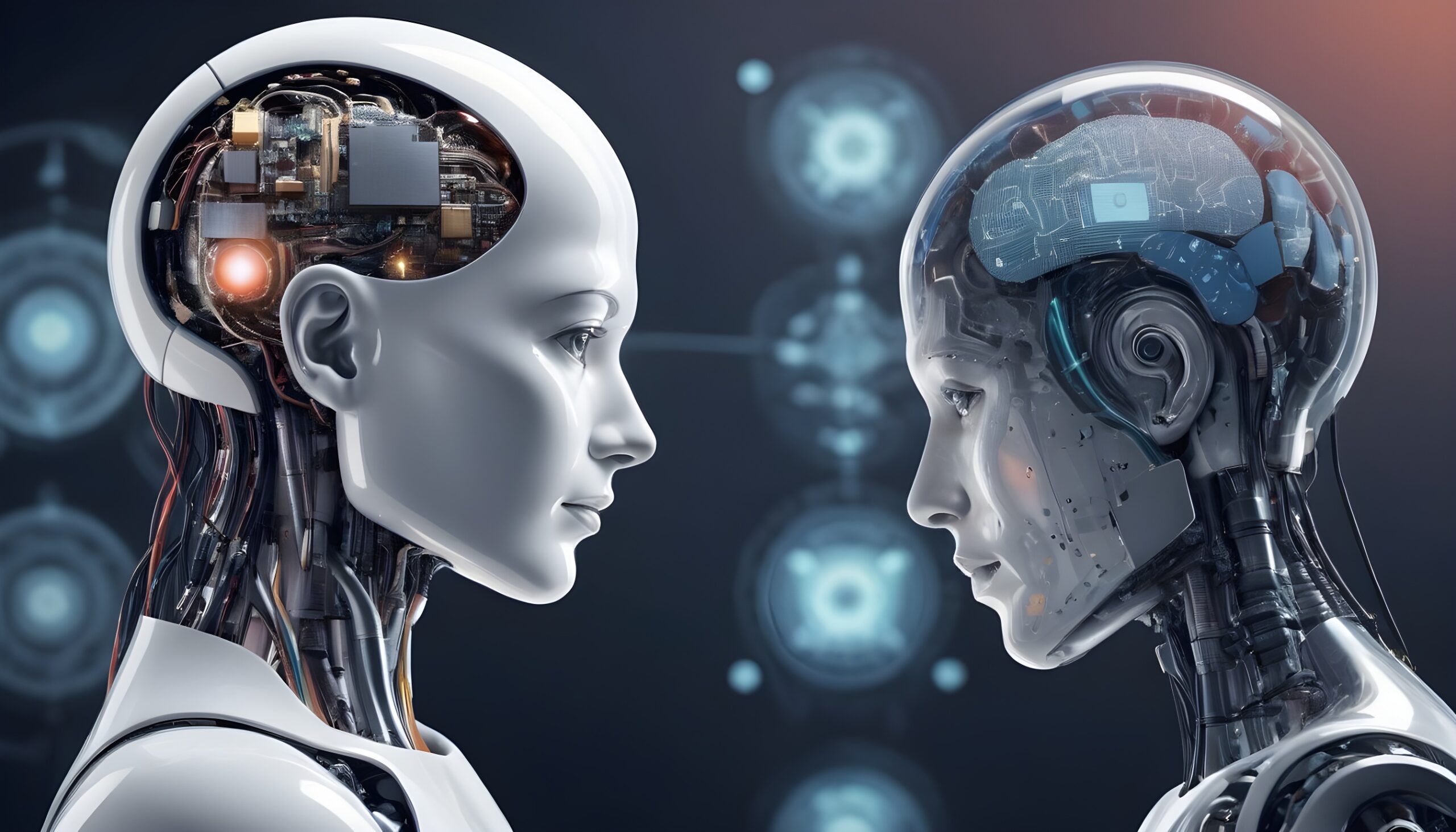Artificial Intelligence (AI) and Machine Learning (ML) are revolutionizing the way we live, work, and interact with technology. These technological advancements have the potential to impact various aspects of our daily lives, from the way we perform routine tasks to the way we experience personalized services. In this article, we will explore the significant role that AI and ML play in shaping the future of everyday life.
Understanding the Impact of AI and Machine Learning on Daily Tasks
AI and ML technologies have the power to transform the way we carry out our daily tasks. From automating repetitive processes to streamlining complex workflows, these technologies are making our lives easier and more convenient. For instance, AI-powered virtual assistants can assist us in managing our schedules, reminding us of important deadlines, and even performing basic research. This level of assistance frees up our time and mental capacity to focus on more meaningful and creative endeavors.
Moreover, AI and ML algorithms can analyze large sets of data to provide us with valuable insights and recommendations. For example, personalized shopping recommendations based on our preferences and past purchases allow us to make informed decisions and save time while browsing online stores. In this way, AI and ML are enhancing our productivity and efficiency in our daily tasks.
Furthermore, the integration of AI and ML technologies in healthcare has revolutionized patient care. These technologies can analyze medical data to assist doctors in diagnosing diseases more accurately and quickly. They can also predict potential health issues based on a patient's history, enabling proactive treatment and preventive measures. By leveraging AI and ML in healthcare, medical professionals can provide more personalized and effective care to patients, ultimately improving health outcomes.
Additionally, AI and ML are playing a crucial role in the field of finance by enhancing fraud detection mechanisms and improving investment strategies. These technologies can analyze vast amounts of financial data in real-time to identify suspicious activities and prevent fraudulent transactions. Moreover, AI algorithms can predict market trends and recommend optimal investment opportunities, helping individuals and organizations make informed financial decisions. By leveraging AI and ML in finance, businesses can mitigate risks and maximize returns, contributing to a more stable and efficient financial ecosystem.
Exploring the Role of AI in Personalized Experiences
One of the most significant impacts of AI and ML is the ability to provide personalized experiences. With the help of these technologies, businesses can analyze customer data and tailor their products and services to meet individual needs and preferences. We can already see this in action with streaming platforms that recommend movies and TV shows based on our viewing history and preferences.
- AI-powered virtual assistants can learn our habits and preferences to provide us with personalized recommendations for restaurants, events, and activities in our area.
- ML algorithms can analyze our social media interactions and serve us advertisements that align with our interests and values.
- AI chatbots can provide personalized customer support, offering suggestions and solutions based on previous interactions.
These personalized experiences not only enhance customer satisfaction but also foster a sense of connection and relevance in our everyday lives.
Enhancing Efficiency Through AI and Machine Learning Technologies
The integration of AI and ML technologies has the potential to revolutionize efficiency across various domains. In industries such as manufacturing and logistics, AI-powered robots and autonomous vehicles can streamline operations, reduce errors, and optimize resource allocation.

Furthermore, AI and Machine Learning can improve energy management systems, reducing waste and promoting sustainability. Smart grids can dynamically adjust energy consumption based on real-time demand, ensuring efficient usage and reducing environmental impact.
In addition, AI-powered predictive maintenance systems can monitor the condition of machinery and infrastructure, detecting anomalies and preemptively scheduling maintenance tasks. This proactive approach minimizes downtime and improves overall efficiency in industries such as transportation, healthcare, and utilities.
Ethical Considerations in the Integration of AI and Machine Learning
As AI and Machine Learning continue to permeate our everyday lives, it is essential to address the ethical considerations surrounding their integration. The potential for biases, privacy breaches, and job displacement calls for careful evaluation and regulation of these technologies.
It is crucial to ensure that AI systems are fair and unbiased in their decision-making, especially in areas such as hiring, lending, and criminal justice. Transparency and explainability are vital components to build trust and mitigate potential harm caused by AI and ML algorithms.
Furthermore, safeguarding personal data and maintaining privacy is paramount. Striking a balance between utilizing data for personalized experiences and respecting individual privacy rights remains a challenge that requires ongoing discussions and regulations.
Innovations in Healthcare Through AI and ML Applications
The healthcare industry is one of the beneficiaries of AI and Machine Learning advancements. These technologies enable the analysis of vast amounts of medical data, leading to improved diagnostics, treatment recommendations, and patient care.

AI algorithms can detect patterns and anomalies in medical images, assisting radiologists in early detection of diseases such as cancer. ML-powered predictive models can assess an individual's risk of developing certain conditions, allowing for personalized prevention strategies and early interventions.
Moreover, AI-powered robots can assist in surgery, performing precise and minimally invasive procedures. This technology minimizes the risk of human error and enhances surgical outcomes.
By leveraging AI and Machine Learning in healthcare, we can improve patient outcomes, reduce healthcare costs, and create a more patient-centered experience.
The Evolution of AI Assistants and Virtual Agents
AI assistants and virtual agents have become increasingly integrated into our daily lives. These intelligent systems are capable of understanding and responding to our voice commands, enabling hands-free interaction with our devices and services.
Virtual agents such as Apple's Siri, Amazon's Alexa, and Google Assistant have become our personal concierges, assisting us in tasks ranging from setting reminders and sending messages to controlling smart home devices and answering questions.
The continuous development of natural language processing and machine learning algorithms promises to further enhance the capabilities of AI assistants, enabling more human-like interactions and comprehensive assistance in various domains.
AI and ML in Smart Homes and IoT Devices
The proliferation of smart home devices and the Internet of Things (IoT) has created a demand for intelligent systems that can seamlessly integrate and control these interconnected devices. AI and Machine Learning technologies are at the forefront of fulfilling this demand.

Smart home hubs equipped with AI capabilities can learn our preferences and automate various aspects of our home environment. From adjusting lighting and temperature to playing music and ordering groceries, these systems enhance our comfort and convenience.
Moreover, AI-powered IoT devices can analyze sensor data to detect anomalies and improve energy efficiency within our homes. For example, smart thermostats can learn our habits and adjust temperature settings accordingly, reducing energy consumption without sacrificing comfort.
As the ecosystem of smart home devices continues to expand, AI and ML will play a critical role in delivering seamless and intelligent interactions between humans and their homes.
Transforming Education with AI-Powered Tools and Platforms
AI and ML technologies have the potential to revolutionize education by personalizing learning experiences and empowering both students and educators.
Adaptive learning platforms can analyze students' performance data and provide personalized recommendations and resources tailored to their individual needs. This customized approach maximizes engagement and fosters a deeper understanding of the subject matter.
Furthermore, AI-powered tutoring systems can offer immediate feedback and adapt instructional strategies based on students' learning styles and progress. This personalized support enables students to learn at their own pace, enhancing their learning outcomes.
AI can also assist educators in administrative tasks, such as grading and lesson planning, allowing them to focus on delivering high-quality instruction and mentorship.
By embracing AI and ML in education, we can shape a future where learning is accessible, engaging, and tailored to each individual's unique abilities and aspirations.
Overcoming Challenges in Implementing AI and Machine Learning in Everyday Life
While the potential benefits of AI and ML are vast, the implementation of these technologies in everyday life is not without its challenges. One significant challenge is the need for a robust infrastructure to support the computational power and data storage requirements of AI systems.
Additionally, the rapid pace of technological advancements necessitates continuous learning and upskilling to keep up with the latest developments. It is crucial for individuals and organizations to cultivate a culture of lifelong learning to reap the benefits of AI and Machine Learning.
Moreover, addressing concerns related to job displacement and the ethical use of AI and Machine Learning remains a top priority. Governments, industries, and educational institutions must collaborate to create policies and programs that ensure a smooth transition and provide support for affected individuals.
Predictions for the Future of AI and Machine Learning Integration
As AI and ML continue to evolve, we can anticipate further integration of these technologies into our everyday lives. The advancements in natural language processing, computer vision, and robotics will contribute to more advanced AI assistants and autonomous systems.
The healthcare industry will continue to benefit from AI-powered diagnostics and treatment recommendations, leading to improved patient outcomes and personalized care.
AI-powered smart homes will become even more intuitive, applying machine learning to learn our behaviors and anticipate our needs.
Education will be transformed by AI-powered tools and platforms, enabling personalized instruction and equipping students with the skills necessary for the future workforce.
Overall, the future of AI and ML integration holds tremendous potential to enhance our everyday lives, making them more efficient, personalized, and enjoyable.
TechTalksToday: Where tech enthusiasts unite. We're a community of curious minds, fueled by the latest talks and trends. Dive in, explore, and connect with the future-shapers of the tech world. Get ready for content that ignites your passion and keeps you plugged into the innovation pipeline.

